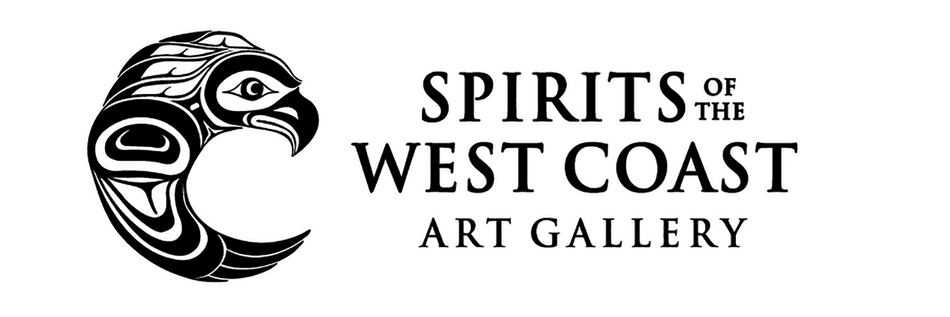
For more than 100 years, some individuals and organizations ripped off the treasures of First Nations in this province. And for just as long, First Nations have demanded they be returned.
From the famous anthropologist Franz Boas, to the B.C. and federal governments, to museums around the world — all have been complicit in the greatest heist this province has ever known.
But this is 2017, and an indigenous resurgence that has marked the past 50 years is reaching new shores, particularly in the wake of the Truth and Reconciliation Commission calls to action.
In a course in Pacific history that I teach, University of Victoria undergraduate students are hot on the trail of a set of poles that once stood alongside a monument dedicated to George Vancouver in Kihei, Maui.
The pillage of First Nations cultural treasures was endemic at the turn of the century, as anthropologists such as Boas and private collectors stole or purchased such treasures at ridiculous prices. By this time, many First Nations were faced with indescribable hardship.
Diseases from Europe had decimated their numbers. The B.C. government forced people onto small reserves, denying them access to the resources that were rightfully theirs.
Aggravating matters was the 1884 federal ban on potlatching that further devalued the treasures.
First Nations defied the ban but it gave the government licence to seize treasures, such as in the infamous incident in 1921, when government agents raided a potlatch organized by Chief Dan Cranmer on ‘Mimkwamlis (Village Island), arresting Cranmer and 44 others. The authorities forced them to surrender their treasures or go to jail. Hundreds of treasures were either sold or sent to Ottawa.
Almost every First Nation has similar stories, and the struggle for repatriation has been long and hard, even after the ban on potlatching was lifted in 1951. Chief Bill Cranmer, one of Chief Dan Cranmer’s sons, helped spearhead repatriation at ‘Yalis (Alert Bay). After decades of searching and fundraising, Umista Cultural Centre came to life, housing some of the many treasures that have been repatriated.
The B.C. government pledged $2 million to support repatriation efforts, but whether this will make much of a dent remains unclear.
“We’re still always having to chase after grants to run Umista. The provincial and federal governments should take more responsibility,” Chief Cranmer recounted in a recent discussion.
Similarly, First Nations on Quadra Island founded the Nuyumbalees Society in 1975 to repatriate their Kwakwak’wakw treasures. Today, the Nuyumbalees Cultural Centre welcomes visitors from around the world at Cape Mudge, but continues to face financial pressures.
Recently, the Huu-ay-aht First Nations (Nuu-chah-nulth) finally regained possession of some of their cultural treasures that had been held by the Royal B.C. Museum for over a hundred years.
Many institutions, including the University of Victoria and the Royal B.C. Museum, face important challenges in overcoming colonialism’s legacy and its continuing impact in a province where First Nations retain title to most of the land.




